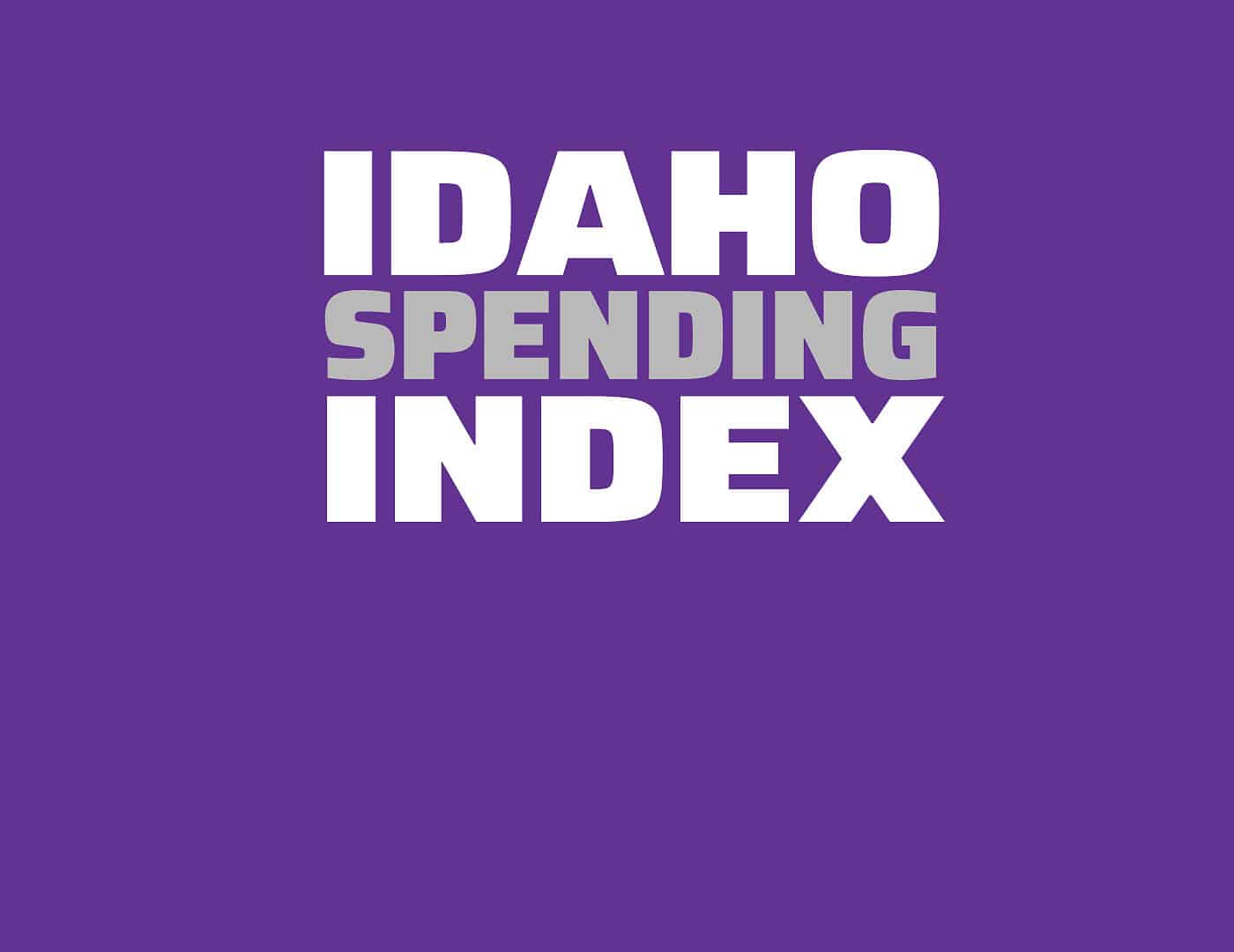


The Idaho Spending Index serves to provide a fiscally conservative perspective on state budgeting while providing an unbiased measurement of how Idaho lawmakers apply these values to their voting behavior on appropriations bills. Each bill is analyzed within the context of the metrics below. They receive one (+1) point for each metric that is satisfied by freedom-focused policymaking and lose one (-1) point for each instance in which the inverse is true. The sum of these points composes the score for the bill.
Analyst: Niklas Kleinworth
Rating: -1
Bill Description: Senate Bill 1169 appropriates $2,316,000 and 10.00 full-time positions to the Arts Commission for fiscal year 2024.
Does this budget enact powers and activities that extend beyond the proper role of government? Conversely, does this budget fulfill the proper role of government?
The stated role of the Arts Commission is to “stimulate and encourage the study and presentation of the arts, and public interest and participation therein, and to encourage and assist freedom of artistic expression.” All of these duties are inherent in the private sector’s participation in the advancement of artistic expression and are wholly unreliant on the government’s participation. This calls into question the necessity of a government agency to promote the arts.
Art is a form of expression that is protected by the First Amendment of the United States Constitution. The Constitution is unique in that it does not give the government the power to grant these inalienable rights to the people. Rather, it limits the reach of government from infringing on the rights that people are born with. It is not the proper role of government to direct what artistic expression is valuable or worthy of promotion. Instead, this is more a proper role of the free market and the private exercise of free speech. Instead of funding art that the government deems worthy, the free market is charged with the duty to make this decision.
(-1)
Is the maintenance budget inappropriate for the needs of the state, the size of the agency, or the inflationary environment of the economy? Conversely, is the maintenance budget appropriate given the needs of the state and economic pressures?
This legislation sets the maintenance budget for the Arts Commission at $2,185,200, growing from the base by 5.6% over the last three years. This rate is slower than the rate of inflation over the same period, demonstrating modest growth in the cost to maintain the agency.
(+1)
Does this budget perpetuate or expand state dependence on federal dollars, thereby violating principles of federalism? Conversely, does this budget actively reduce the amount of federal dollars used to balance this budget?
The Arts Commission is set to receive nearly 52% of its total appropriations from federal sources. Additionally, about 5.5 of their 10 full-time positions are federally funded. These factors alone make the agency very reliant on the federal government to sustain operations.
Senate Bill 1169 also adds $125,000 in federal grant funding from the National Endowment of the Arts, furthering Washington, DC’s control in this agency. These grants were not requested by the agency or the governor through the normal budget process. Rather, they were added in committee when the agency became aware of this new grant opportunity.
This legislation expands federal control of an agency that was already heavily federally funded, growing Idaho’s dependence on Washington, DC.
(-1)

